After all, planning for the financial impact of your death isn't an easy thing to do—but it's essential.
What is life insurance?
When you purchase a life insurance policy, you're agreeing to pay a regular premium, or fee, often on a monthly or quarterly basis. In return, the insurance company agrees to pay a death benefit of a certain value to your beneficiaries if you die. Most people designate their spouses, partners, or children as beneficiaries, but you can choose anyone you want, such as a parent or a business partner.
Do I really need life insurance? And, how large of a policy do I need?
If you're married or if you have children, then you definitely need life insurance. It's the only sure way to provide income for your family's financial needs, from funeral expenses to mortgages and education costs.
Life insurance needs vary from person to person. One rule of thumb says that you should have insurance that's five to seven times your annual salary, while another says ten times your salary is appropriate. One thing is for sure, though: If you're young, you have financial obligations like mortgages and children's tuition ahead of you. So you'll need more insurance than older people who've already paid off those kinds of expenses.
If you have a mortgage or business loan, a decreasing term life insurance is designed to mirror the amortization schedule of a mortgage or other personal debt like personal loans or business loans. The monthly cost for the level-premium decreasing term plan does not change. Use our Loan Protection Life Insurance Quoter to get the best choices from the market.¹
I have life insurance through my job. Is that enough?
You may want to consider getting an additional policy. Most employer-based policies are relatively small if they're offered at all, and they end when you leave the company.
If you have an accidental death insurance policy, you’ll likely want a regular life insurance policy as well. While you have a greater chance of dying in an accident before you're 35 than after, there are still other ways to die. And accidental death policies often come with strings attached. A regular policy will give you much more effective coverage.
What’s the difference between term insurance and whole life insurance?
As the name suggests, a term policy covers you for a set period of time, usually 5, 10, 15, or 20 years. Then you must renew it. Since term insurance is much cheaper than whole life, many financial experts recommend it for young people. The limited time frame can be good, too, since it gives you the chance to switch over to a whole life policy in the future, if you choose to.
Whole life policies set aside a portion of each premium payment to accumulate as tax-free savings. You can even use these tax-free dollars to pay your premiums on some policies. Whole life policies, however, are far costlier than term policies.
Read more about the difference between term and whole life policies and determine which is right for you.
What is a will?
A will is a legal document that transfers your property after you die, and names the people who will settle your estate, care for your children who are minors, and administer any trusts the will establishes.
Why do I need a will?
If you die intestate, that is without a will, you'll have lost control over what happens to your property. And your estate will probably end up paying a lot more to settle your affairs—meaning that less will be available for your heirs. Any estate, large or small, can be settled faster if you've made a will naming the people, charities, or other institutions you want to inherit your property.
If you're married and die intestate, your property will go to your spouse and any children you have. Each state has a specific formula for dividing the estate, some giving a greater percentage to the spouse and others favoring the children. If you've been married more than once, or have children from different marriages, the rules for dividing your property could produce results you wouldn't be happy about.
More than half of all Americans die intestate, including many who leave a large estate and minor children. The bottom line is that if you want to have a say in what happens to your assets after you pass on, you need a valid will.
When you're ready to draft your will, there are many ways to go about it.
Unless you're interested in setting up a trust, it's likely that you can do everything on your own. There are plenty of kits or templates available online that walk you through the process and make creating your will easy and inexpensive. To be extra sure that your will survives the probate process or if your wishes are complicated, you may choose to schedule an appointment with a professional.
To read more about wills, click here.
No matter your age, lifestyle, or familial status, estate planning is important to your overall financial wellness. Do a bit of research to find solutions that fit your needs.
Interested in talking with one of our financial advisors?
Browse more of our financial literacy resources by clicking here.
¹Covr is not affiliated with North Shore Bank or its related companies.
Insurance products are sold through Covr Financial Technologies Inc ("Covr"). Covr sells insurance as an agent or broker by contractual agreements with its insurance carrier providers. Covr is licensed in the following states: Delaware (3000067942), Idaho (607086), California (0L77229).
²Securities and insurance products are offered through Cetera Investment Services LLC (doing insurance business in CA as CFG STC Insurance Agency LLC), member FINRA/SIPC. Advisory services are offered through Cetera Investment Advisers LLC. Neither firm is affiliated with North Shore Bank or its related companies. Individuals affiliated with Cetera firms are either Registered Representatives who offer only brokerage services and receive transaction-based compensation (commissions), Investment Adviser Representatives who offer only investment advisory services and receive fees based on assets, or both Registered Representatives and Investment Adviser Representatives, who can offer both types of services.
Investments are: • Not FDIC insured • May lose value • Not financial institution guaranteed • Not a deposit • Not insured by any federal government agency.
Do not rely upon the information provided in this content when making decisions regarding financial or legal matters without first consulting with a qualified, licensed professional. Furthermore, while we have made good faith efforts to ensure that the information presented was correct as of the date the content was prepared, we are unable to guarantee that it remains accurate today. North Shore Bank expressly disclaims any liability arising from the use or misuse of these materials and, by visiting this site, you agree to release North Shore Bank from any such liability.
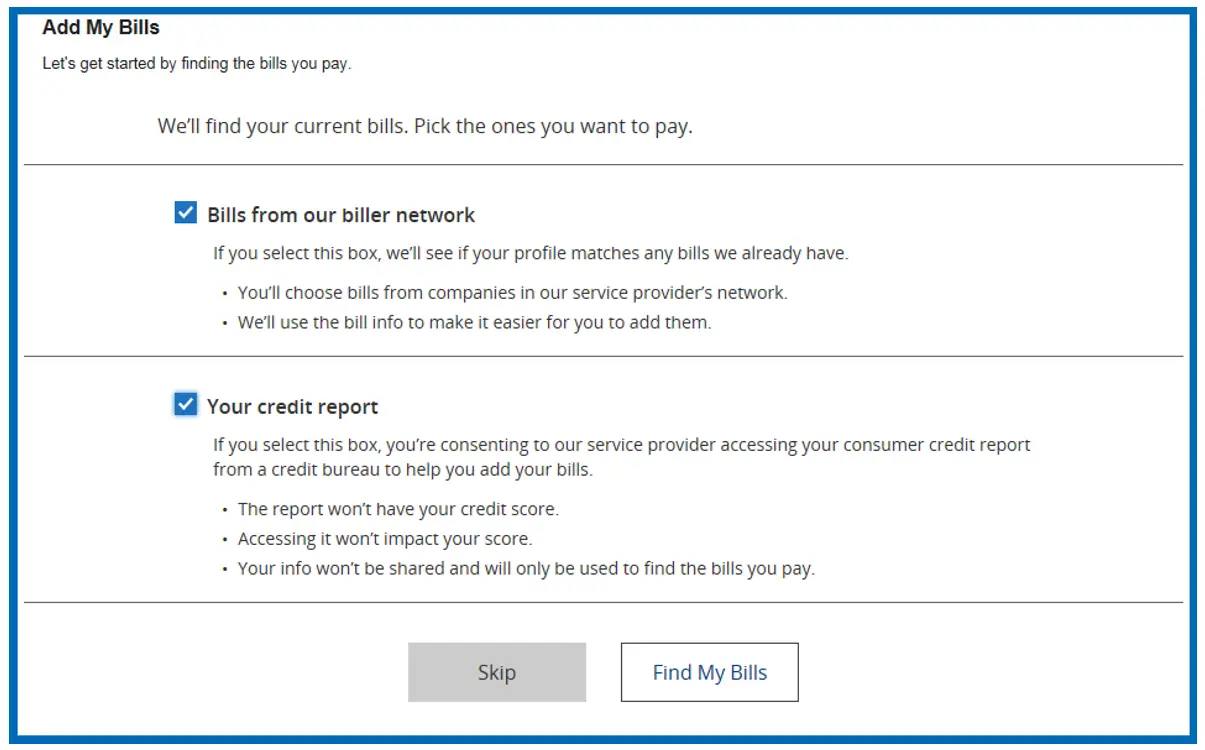
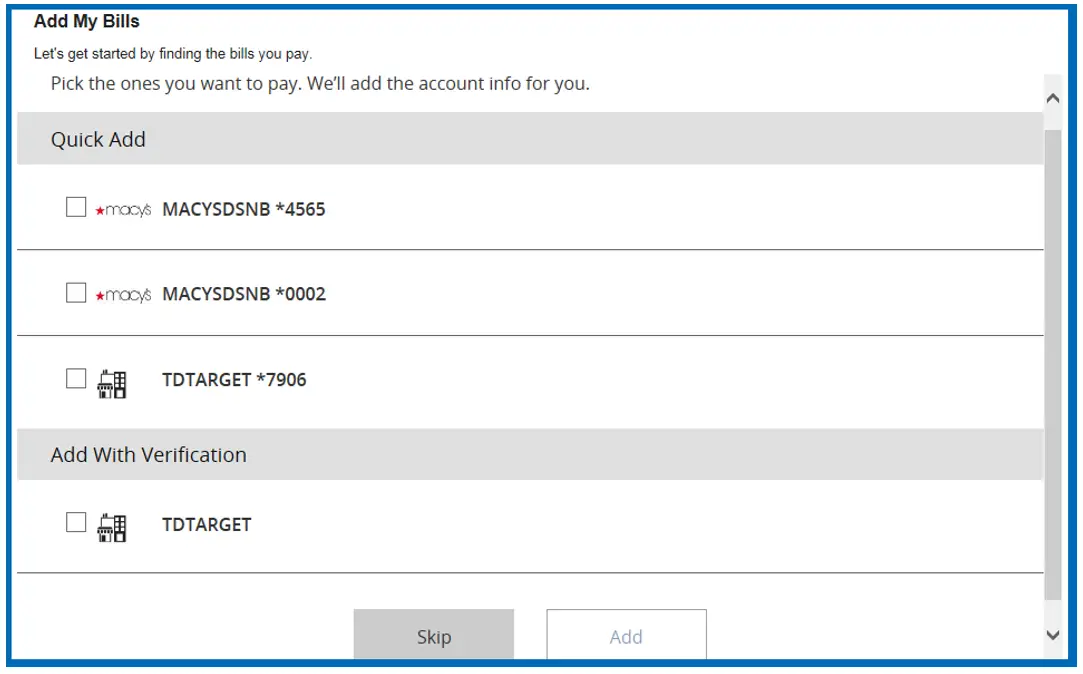
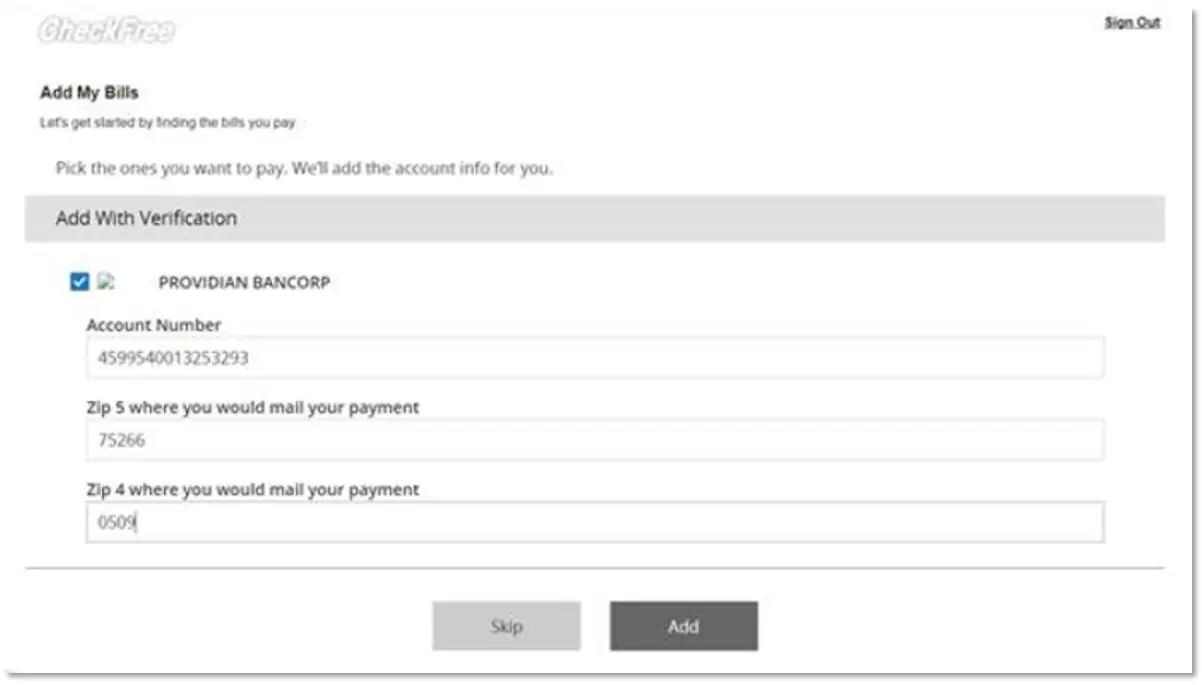
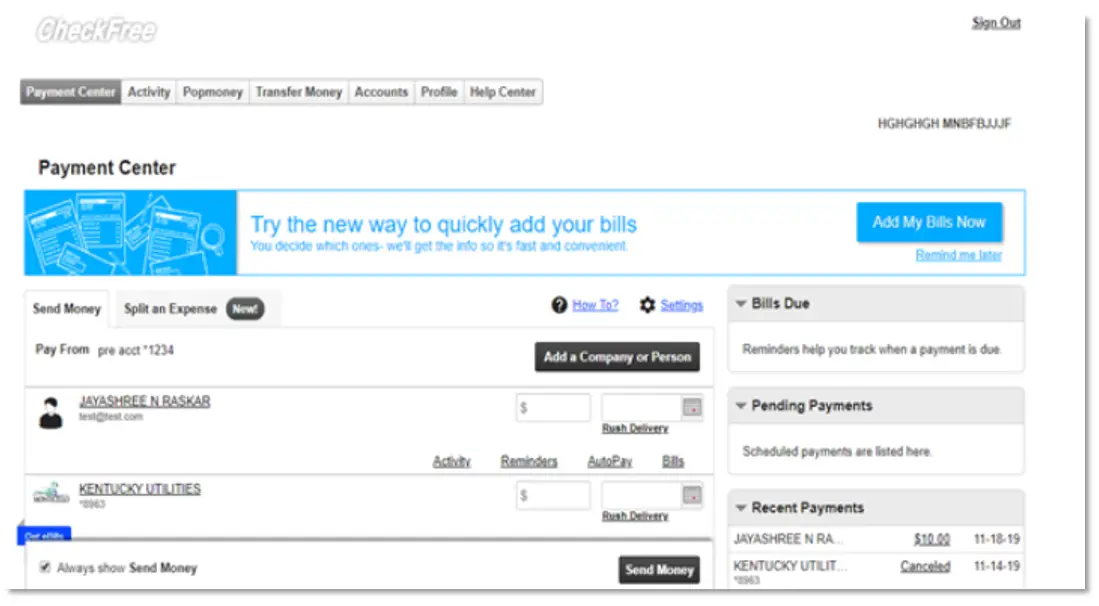
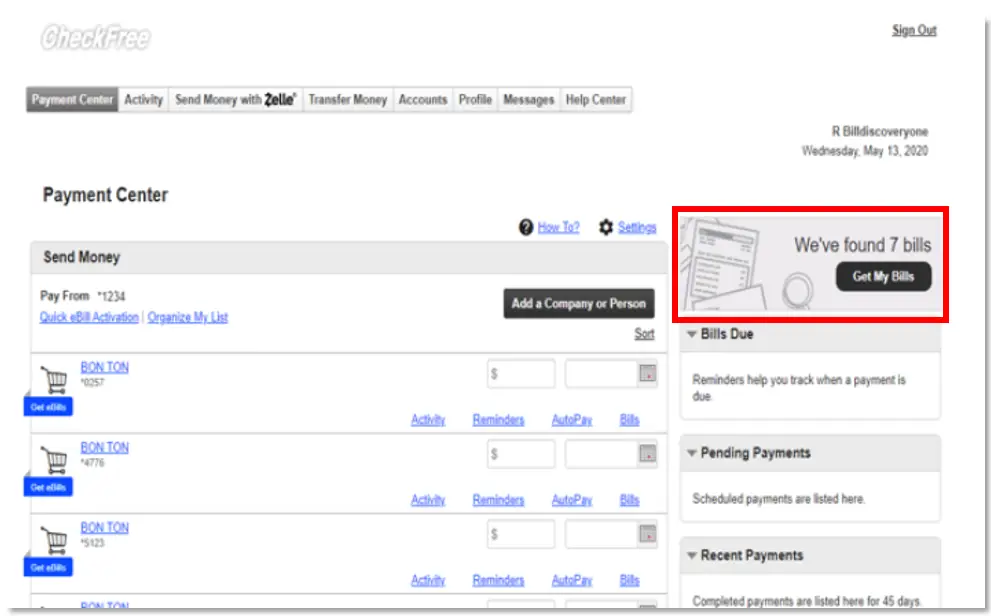
 When opening an account online, your initial deposit must be done by transferring money from your current bank account or by debit or credit card.
When opening an account online, your initial deposit must be done by transferring money from your current bank account or by debit or credit card. Click on the three vertical dots alongside the blue “Pay” button
Click on the three vertical dots alongside the blue “Pay” button